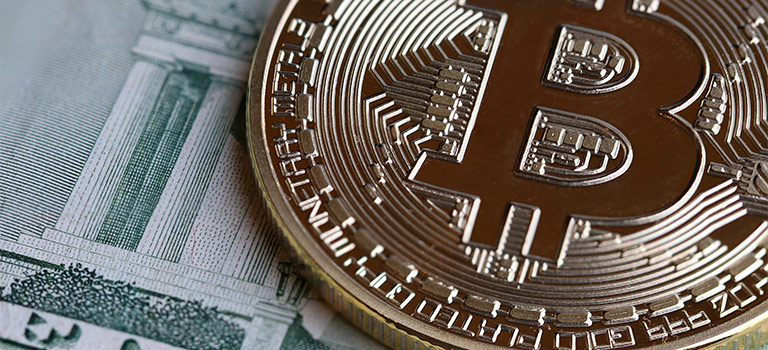PALO ALTO, Calif. (Reuters) - The Federal Reserve is looking at a broad series Visit this site of issues around digital payments and currencies, consisting of policy, design and legal considerations around potentially providing its own digital currency, Guv Lael Brainard said on Wednesday. Brainard's remarks suggest more openness to the possibility of a Fed-issued digital coin than in the past." By transforming payments, digitalization has the potential to deliver higher value and benefit at lower expense," Brainard said at a conference on payments at the Stanford Graduate School of Company.
Central banks globally are disputing how to handle digital financing innovation and the dispersed ledger systems utilized by bitcoin, which promises near-instantaneous payment at potentially low cost. The Fed is developing its own round-the-clock real-time payments and settlement service and is currently examining 200 remark letters submitted late last year about the proposed service's design and scope, Brainard stated.
Less than two years ago Brainard told a conference in San Francisco that there is "no engaging demonstrated need" for such a coin. But that was prior to the scope of Facebook's digital currency ambitions were commonly known. Fed authorities, including Brainard, have raised issues about consumer protections and information and personal privacy dangers that could be postured by a currency that could come into use by the third of the world's population that have Facebook accounts.
" We are collaborating with other central banks as we advance our understanding of reserve bank digital currencies," she stated. With more countries checking out releasing their own digital currencies, Brainard said, that includes to "a set of factors to likewise be ensuring that we are that frontier of both research and policy advancement." In the United States, Brainard stated, concerns that require study consist of whether a digital currency would make the payments system more secure or easier, and whether it might posture monetary stability dangers, including the possibility of bank runs if cash can be turned "with a single swipe" into the reserve bank's digital currency.
To counter the monetary damage from America's extraordinary national lockdown, the Federal Reserve has taken unmatched steps, consisting of flooding the economy with dollars and investing directly in the economy. Most of these relocations received grudging acceptance even from lots of Fed doubters, as they saw this stimulus as required and something only the Fed might do.
My new CEI report, "Government-Run Payment Systems Are Unsafe at Any Speed: The Case Against Fedcoin and FedNow," details the threats of the Fed's current prepare for its FedNow real-time payment system, and proposals for main bank-issued cryptocurrency that have actually been called Fedcoin or the "digital dollar." In my report, I talk about concerns about privacy, data security, currency control, and crowding out private-sector competitors and innovation.
Advocates of FedNow and Fedcoin state the federal government must produce a system for payments to deposit instantly, instead of encourage such systems in the personal sector Browse around this site by raising regulatory barriers. However as noted in the paper, the private sector is supplying a seemingly endless supply of payment innovations and digital currencies to fix the problemto the level it is a problemof the time space in between when a payment is sent and when it is received in a checking account.
And the examples of private-sector innovation in this area are many. The Clearing House, a bank-held cooperative that has actually been routing interbank payments in different kinds for more than 150 years, has actually been clearing real-time payments considering that 2017. By the end of 2018 it was covering 50 percent of the deposit base in the U.S.
